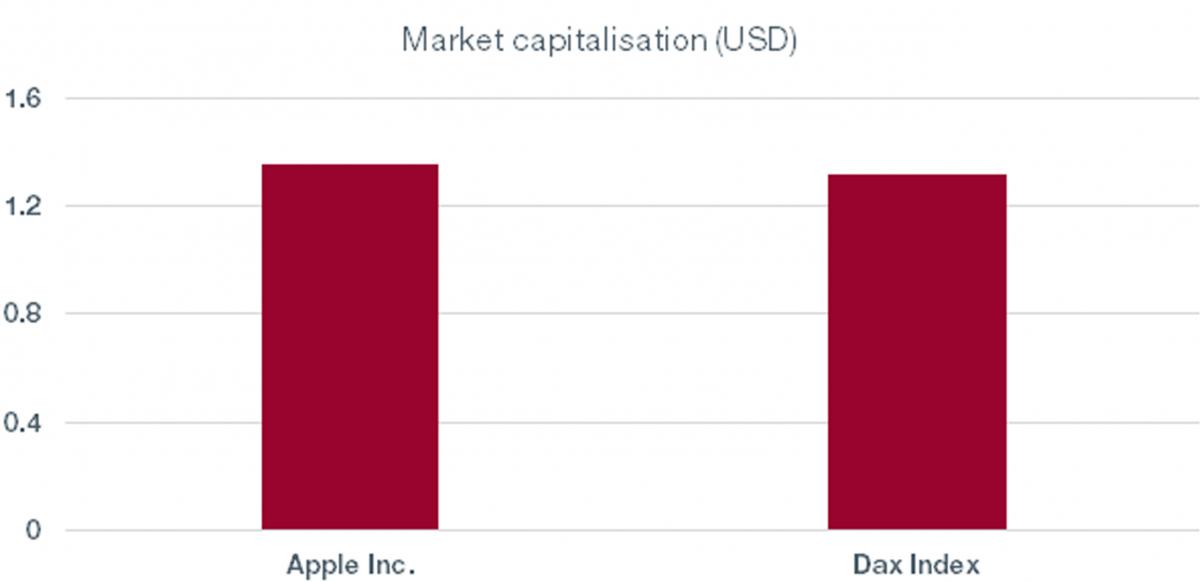03/02/2020
Flash boursier
Key data
| USD/CHF | EUR/CHF | SMI | EURO STOXX 50 | DAX 30 | CAC 40 | FTSE 100 | S&P 500 | NASDAQ | NIKKEI | MSCI Emerging MArkets | |
|---|---|---|---|---|---|---|---|---|---|---|---|
| Latest | 0.96 | 1.07 | 10'627.88 | 3'640.91 | 12'981.97 | 5'806.34 | 7'286.01 | 3'225.52 | 9'150.94 | 23'205.18 | 1'062.34 |
| Trend | |||||||||||
| %YTD | -0.33% | -1.54% | 0.10% | -2.78% | -2.02% | -2.87% | -3.40% | -0.16% | 1.99% | -1.91% | -4.69% |
Highlights:
1. Coronavirus makes an ever-bigger splash
2. Solid corporate earnings
Equity markets stutter
The impact of the coronavirus on financial marketplaces is growing all the time, leading equity indices to close sharply down at the end of last week and wiping out all the promising gains chalked up year to date.
The People’s Bank of China has announced that it will be injecting the equivalent of EUR 156 billion into the financial system to support the Chinese economy and prop up Chinese businesses. So far, 361 people have died from the epidemic and more than 17,000 have been registered as infected. Correspondingly the Chinese stock market closed down sharply today after the long new-year holiday, with the CSI300 losing 8% – the worst daily loss since 2015. Foreign companies such as Starbucks and Apple have halted operations in China and economists have now slashed their 2020 growth estimate from 6.3% to 5%.
The renewed uncertainty is fuelling a flight to quality among investors. Bond yields have reversed direction and are heading south again. The ten-year Swissie is now yielding -0.78%. The equivalent US bond is returning 1.53%. So we’re back where we were last October.
The WHO has named the coronavirus outbreak an international health emergency but believes that the Chinese government has the capabilities to contain it. For now, it’s hard to predict the hit on the global economy. On the other hand, renewed volatility will provide investors with some opportunities to make money.
The Fed last week made no change to policy rates but announced that it would be slimming down its balance sheet in the second quarter by reducing purchases of treasury bonds, which it had begun to calm conditions in the interbank market. America’s GDP clocked in slightly short of estimates, increasing by 2.1% in the fourth quarter and by 2.3% in the whole of 2019.
In the Euro area, threats from Trump, the Brexit fog and Italy’s uncertain political future dampened economic growth in the fourth quarter, which amounted to just 0.1% (or 1.2% in 2019).
On the whole, corporate earnings have topped estimates. Amazon has swung back above the USD 1 trillion market capitalisation mark, joining Apple – which also reported record results. Its market capitalisation has doubled in the space of a year. In Europe, LVMH had an astoundingly good 2019 after revenues surged to a record EUR 53.7bn.
Apple’s market cap exceeds Germany’s
The first-class performance by the Apple share in recent months had sent the group’s market capitalisation surging well upwards of the 1 trillion mark to USD 1.35 trillion. By comparison, the DAX 30, representing the 30 heaviest hitters on the Frankfurt Borse, totals EUR 1.20 trillion, or USD 1.32 trillion.
There are many reasons for that. First, the Dax is tilted towards manufacturing. The business models of groups such as Volkswagen, Daimler and BASF consist of selling ‘products’ to consumers. Today’s behemoths of the likes of Apple, Amazon and Microsoft (all of which have market caps exceeding 1 trillion dollars) have switched their focus from goods to services. Most of their R&D is allocated to software, not hardware.
Apple’s ongoing success story is today less dependent on the number of iPhones sold (hardware) than on the number of customers signing up to the various services (software) accessible via iPhones. This is the main difference between the business models of today’s age (Apple, Alphabet, Microsoft) and those of the Dax heavyweights: recurring income.
Selling a service gives a company a steady flow of income through subscriptions while the marginal production cost (the extra cost incurred to add another user) is extremely low, compared with the cost of turning out a new VW Golf, for example.
Companies that play by the new rules are therefore highly in demand among investors.


 Flash boursier
Flash boursier
